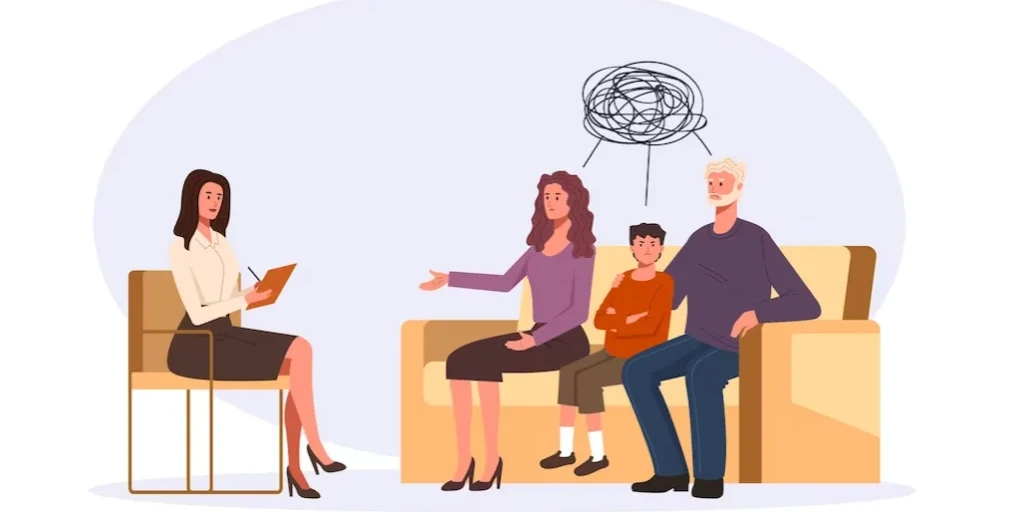24/7 Helpline:
(866) 899-111424/7 Helpline:
(866) 899-1114
Learn more about Dual Diagnosis Rehab centers in Fairfax
Dual Diagnosis Rehab in Other Cities

Other Insurance Options

Kaiser Permanente

Providence

Premera

Optum

American Behavioral

Medical Mutual of Ohio

BlueShield

Cigna

EmblemHealth

Anthem

Holman Group

UnitedHealth Group

Optima

MHNNet Behavioral Health

Private insurance

Choice Care Network

Oxford

Coventry Health Care

Access to Recovery (ATR) Voucher

Health Net

Osage Nation – Primary Residential Treatment Center
Osage Nation- Primary Residential Treatment Center is a drug and alcohol residential program run by ...















































































Edwin Fair Community Mental Health Center – Outpatient
Edwin Fair Community Mental Health Center – Outpatient is a private rehab located in Pawhuska, Oklah...



























































